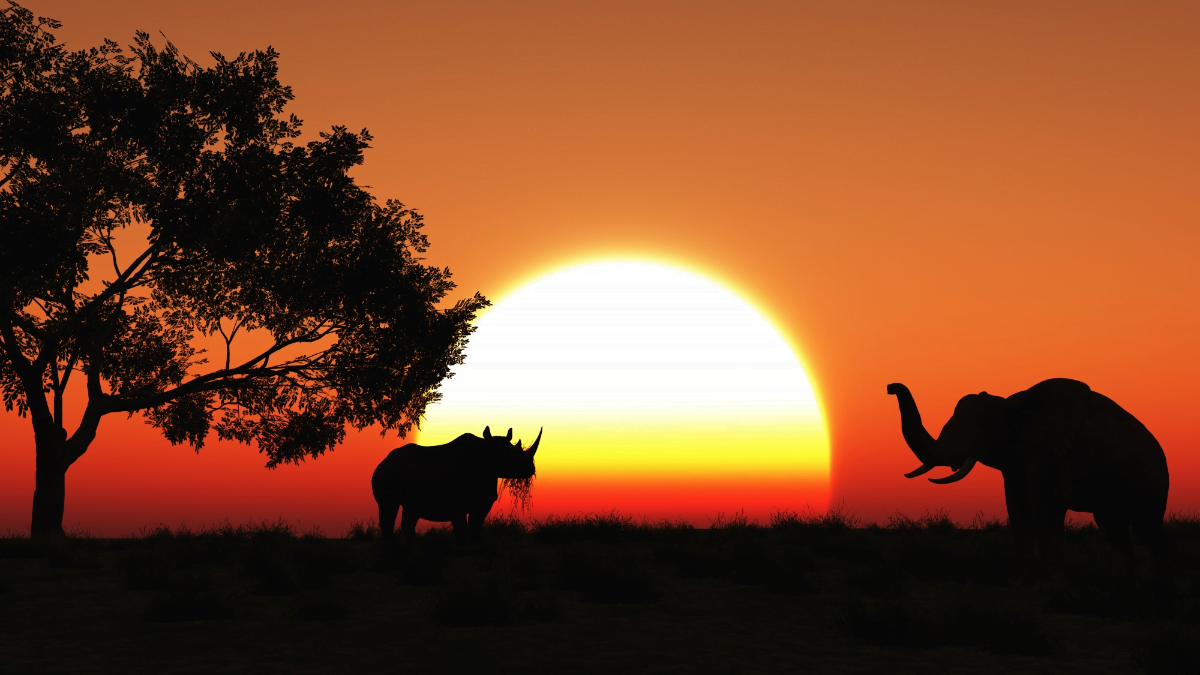The growing adoption of NFTs and blockchain technology is set to have a major impact on Africa, the world’s poorest continent.
NFTs have been around since 2014 and are becoming more well-known and influential due to their growing acceptance as a means of buying and selling digital assets. Collectors and dealers increased their spending on NFTs from $100 million in 2020 to $22 billion in 2021, according to The Guardian.
NFTs in Africa
NFTs’ Significance for African Art
Challenges that African Artists Must Deal With
When dealing with NFTs, one must take the government into account.
































